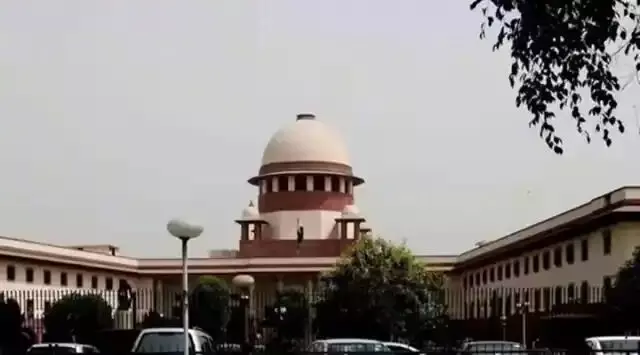
Children from void, voidable marriages can claim rights in parents’ properties: SC
text_fieldsNew Delhi: The Supreme Court on Friday ruled that children from “void or voidable” marriages are legitimate and can claim rights in parents’ properties under the Hindu Succession law.
The top court’s verdict came on a 2011 plea concerning the subject of whether non-marital children were entitled to a share in the ancestral property of their parents under Hindu laws.
According to the Hindu law, a man and woman in a void marriage do not have the status of husband and wife. However, they have the status of husband and wife in the case of a voidable marriage.
In a void marriage, no decree of nullity is required to annul the marriage. While, in a voidable marriage decree of nullity is required.
A bench headed by Chief Justice D Y Chandrachud said in the judgment, “We have now formulated conclusion, 1. A child of a marriage that is null and void is statutorily conferred with legitimacy, 2. In terms of 16(2) (of the Hindu Marriage Act) where a voidable marriage is annulled, a child begotten before degree is deemed to be legitimate.”
“Equal rights have been granted to daughters in the same manner,” it added.
SC decided the question of whether the share of such children is limited only to the self-acquired property of their parents under Section 16(3) of the Hindu Marriage Act.
These questions were referred to a larger bench by a two-judge bench of the apex court on March 31, 2011.
The detailed order is awaited.
With inputs from PTI
























